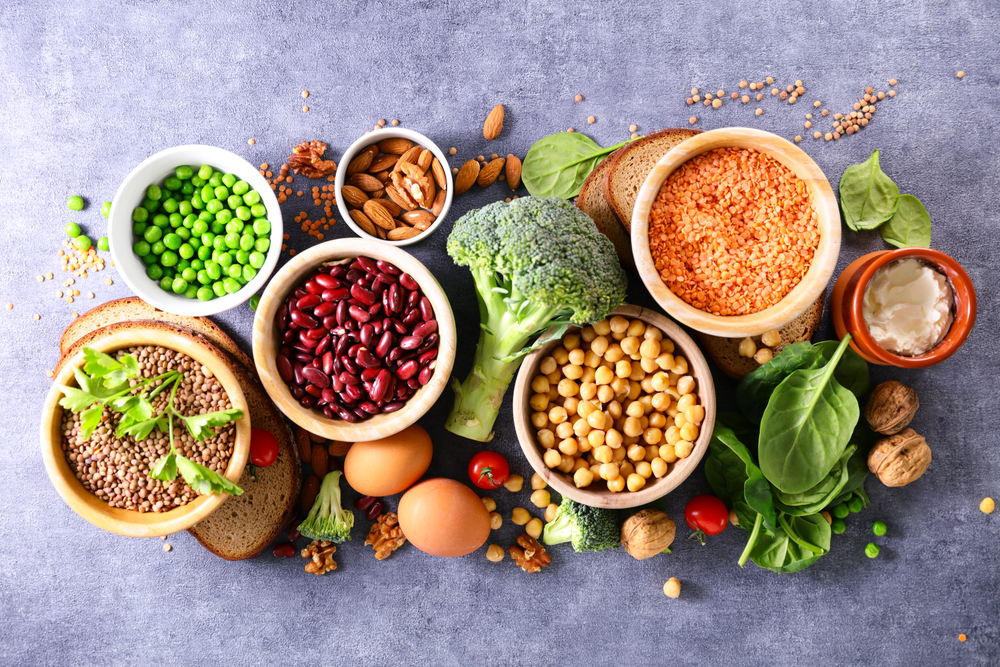
There’s an enduring adage that says, “You are what you eat.” The implication here is that what you put in your body will determine your level of health and wellness. Eating food is a key part of what it means to live, as nearly every organism must eat to survive. For billions of people, religion is also an important part of living, especially as it shapes and informs our points of view, sense of purpose, and reasons for existing. It’s worth examining the roles of food and eating in religion.
Comparing Culture to Faith
What we eat says a lot about who we are as people and the families and communities to which we belong. Many family units have traditions based on food. For example, many people have routines based on eating, such as Sunday dinners after church, or a specific time each day to come together and eat. The foods we eat are also shaped by our cultural and ethnic backgrounds, but there are specific items that are directly connected to certain religious beliefs and rituals.
Examining Eating in Religion
In many of the world’s major faiths, certain comestibles and how they’re prepared are important aspects of certain religious practices.
- Judaism: Many adherents, Orthodox, and some conservative Jews in particular, stick to a set of dietary rules, commonly known as a kosher diet, indicated in the Torah for spiritual health. Beyond kosher foods, there are several dishes associated with Jewish rituals and holidays. Each weekend during Shabbat, many followers eat traditional meals that include challah bread, gefilte fish and wine. For Rosh Hashanah, the Jewish new year, many eat apples and honey in anticipation of a “sweet” year ahead.
- Islam: In this faith, similar to Judaism, there are dietary laws indicating some items as halal (permissible) or haram (forbidden). Ramadan is a holy month commemorating God giving the Holy Quran to the prophet Mohammad. During this season, Muslims restrict their eating to a particular time each day. Many adherents eat dates as part of the evening meal that breaks the Ramadan fast. This practice comes from the custom of the prophet Mohammad breaking his fasts by eating dates.
- Buddhism: The ancient Indian principle of ahisma is one of nonviolence that extends to not harming sentient beings. For this reason, certain sects of Buddhism embrace vegetarianism as a virtue and lifestyle.
- Hinduism: Many followers avoid eating animal byproducts, although some eat poultry and fish. Beef is mostly avoided because the cow is considered a holy creature, but some adherents will eat dairy products. Certain dishes are associated with Hindu celebrations, such as modak, a dumpling filled with coconut and cane sugar prepared and eaten during Ganesh Chaturthi. This festival celebrates the arrival of Lord Ganesh to Earth from Mount Kailash.
- Christianity: The act of Holy Communion involves the eating of bread and drinking of wine to acknowledge the death of Jesus Christ. The bread and wine (or commonly grape juice) are symbolic of Christ’s broken body and spilled blood, respectively.
Going Beyond Eating in Religion
Some food traditions originate in a particular faith but have since extended to a particular region or culture. King cake or Three Kings’ cake is eaten in certain Christian traditions to acknowledge the revelation of Christ as God incarnate. Traditionally a bean or figurine is hidden inside to represent Christ. Many people from Louisiana and parts of the Gulf enjoy king cake during Mardi Gras today.
While eating is a critical part of living for every organism, it is also a part of many of the world’s major religions. Many aliments have symbolic and ritualistic connections to our belief systems. Fittingly, this connects one mechanism for physical survival to our reasons for being.

